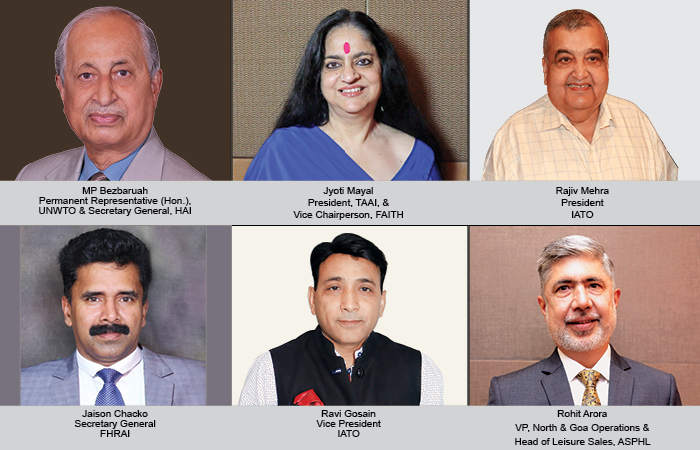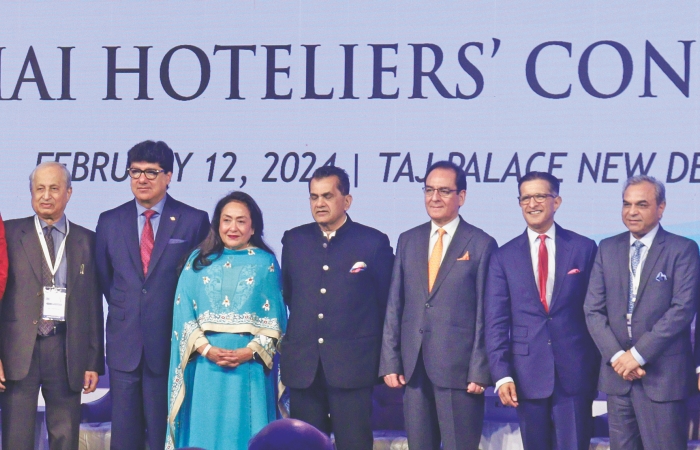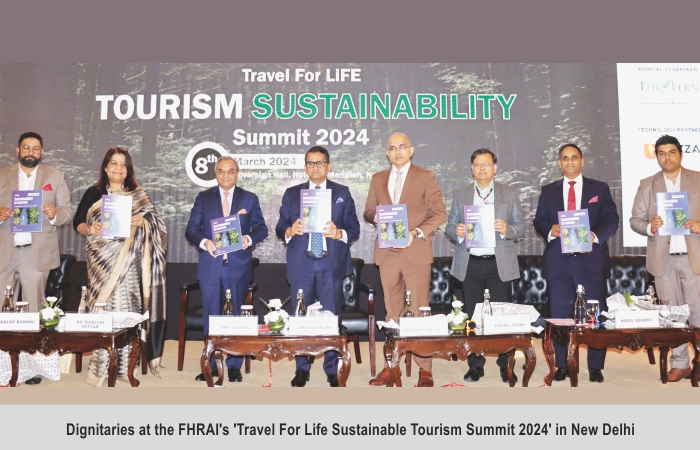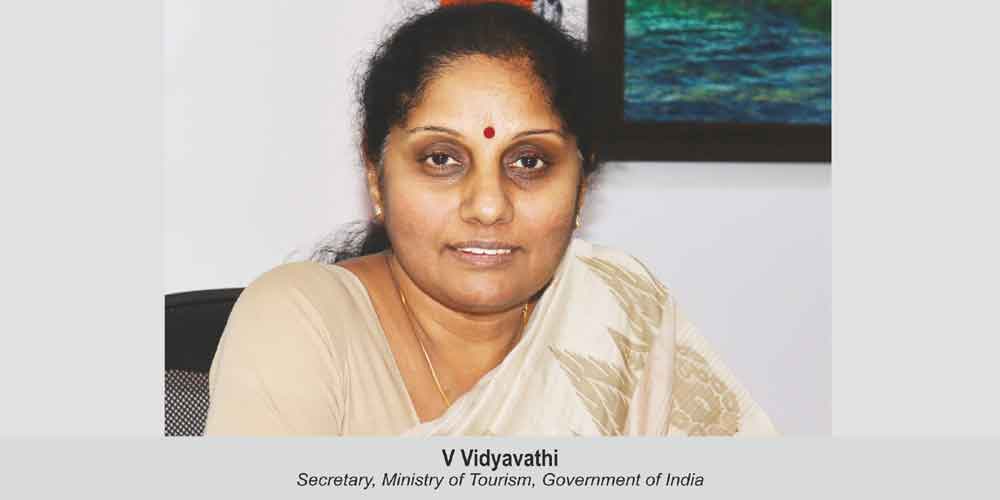FAITH has proposed the Tourism Aid & Restructuring Package (TARP) to the Tourism Minister to seek specific measures for Indian tourism from the Prime Minister and the Finance Minister. The association states that TARP is a comprehensive six-step plan that will address both supply and demand measures.
Step 1: Tourism Fund
Set up a ‘Tourism COVID-19’ fund of a minimum `50,000 crore for enabling the tourism industry to meet its salary and working capital requirements,
similar to the `90,000 crore fund that has been set up for Discoms as was announced in the stimulus package. Considering the punishing conditions
for Indian tourism which have arisen from this pandemic, this fund is proposed to be an interest and collateral-free fund with principal payable over 10 years, including a moratorium period of 2 years. To fast track
disbursement, this is to be disbursed directly from Ministry of Finance (MOF) against the PAN Card/GST number of tourism, travel & hospitality enterprises. This won’t be a grant as the principal amount will come back
to the government and will help tourism enterprises stay viable.
Step 2: Option of a drawdown
against Income Tax & GST Extend the option of a 7-year loan equivalent to the cumulative Income tax and GST of the past two years (FY 18-19 & 19-20) paid by the respective tourism, travel and hospitality enterprises. This can
be paid back over 7 years including a moratorium of 2 years on both principal and interest.
To fast track disbursement, this is to be disbursed directly from Ministry of Finance (MOF) against the PAN Card / GST number of the tourism enterprises. MOF has all the data of each tourism company vested with CBDT and CBIC to facilitate the same. Also, interest should be capped at repo rate as it exists currently and the interest to be spread out and funded as a term loan over the period of seven years post a two-year moratorium.
Step 3: Tourism Tax & Statutory
Holiday for FY 2020-21 Due to significantly reduced travel in FY 2021, there will hardly be any tourism business and thus there is not going to be significant tax collection either through income tax or GST.
Thus, declare FY 20-21 as tourism tax-free year both for income tax and GST. For GST, input tax credit should be continued to release cash flow for tourism enterprises.
Also, there be no additional tax levies or cesses on the tourism sector of the likes of a‘Corona Cess’.
Step 4: RBI Support
A sector-specific impetus for tourism as unlike other businesses, tourism will not demonstrate any cash credible cash flows post lockdown or during FY 20-21.
The moratorium from current six months should be extended to 12 months. The interest component is currently being provided for payment at the end of FY 21 as FITL. It is requested that for tourism sector, this FITL be payable over seven years.
A one-time restructuring of all tourism outstanding(s) that may be permitted for those enterprises which may wish to avail.
Banks and FIs may be requested to adopt a lenient stance and outlook on the tourism,and outlook on the tourism, travel and hospitality industry.
Step 5: Specific stimulus to different segments of tourism
Demand for domestic tourism to be incentivised through both private and corporate travel.
Boost foreign exchange earnings from tourism, increase the value of SEIS to 10% across all companies for a consistent policy period of 5 years.
Abolish implementation of TCS as proposed for October 1.
Money refunded to agents & tour operators to be secured from possible default of airlines.
Exemption from payment of insurance premium for tourist transport vehicles for 12 months without any penal interest.
Create global bidding fund to enable Indian companies to bid for M!CE.
Step 6: Agenda for National Tourism Task Force
Ccmplete waiver of a number of expenses for FY 2020-21 without any penalties at the level of state or local governments.
Refund of cancellations from state government-owned institutions without cancellation charges.
Enable leveraging open spaces in metro cities such as terraces and adjacent areas for F&B to enable compliance with social distancing norms.
Create a tourism consumer demand promotion plan synchronised across all states and Central Government and coordinated by the Ministry of Tourism.
Immediate ‘industry’ status for tourism travel and hospitality across all states.
 TravTalk India Online Magazine
TravTalk India Online Magazine




